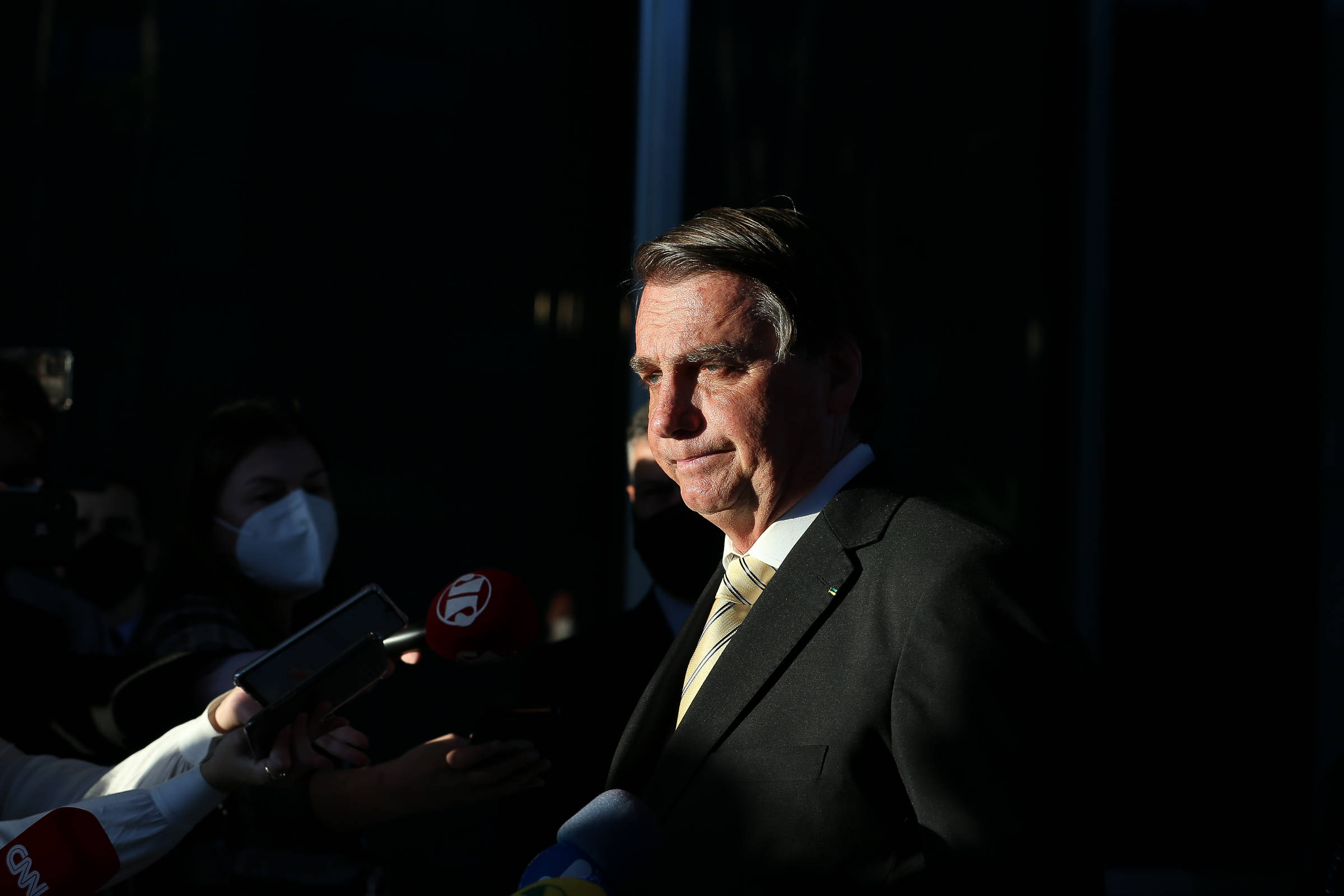The GDP result below government and financial market estimates has raised concerns about several risks to the economic recovery in 2021. These include the climate-driven water crisis and the political-institutional crisis fueled by President Jair Bolsonaro (no party).
There are also concerns about the discontinuation of emergency services, a possible escalation of the health crisis due to the Delta variant of the Coronavirus and the continuing lack of resources for the industry, in addition to rising interest rates, inflation and still high levels. unemployment rate.
Check out the main concerns raised by economists after announcing that Brazil’s GDP (gross domestic product) contracted 0.1% in the second quarter, in contrast to the recovery seen in several other countries over the same period.
Water and energy crisis
The rise in electricity bills and its impact on inflation have already hurt the second quarter result, according to BIGS itself, as it further reduced the purchasing power of families and helped halt consumption. Possible rationing (the president himself has already mentioned the risk of shutting down some factories) will lead to a decrease in economic activity.
The Bank of America report says it expects economic activity to continue to moderate in the third quarter due to factors such as the discontinuation of emergency aid, increased political noise, resource constraints and low water levels in reservoirs. The organization has kept its economic growth forecast at 5.2% this year and 2.1% in 2022.
Goldman Sachs revised its 2021 estimate from 5.4% to 4.9%, believing that there will be no major restrictions on energy supply, and counting on a gradual normalization of the supply chain and a pandemic control system.
institutional crisis
Threats of disrespect for the Constitution and other powers by President Jair Bolsonaro are also seen as a risk to economic recovery.
“There is constant tension between the executive and the judiciary, which increases institutional risk and negatively affects asset prices, especially the dollar and interest. Due to political risk, next year we will still have increasing electoral risk, ”says Genial Investimentos.
“Resistance to inflation and uncertainty about the government’s ability to control government deficits discourage new investment. And the institutional turmoil in recent weeks has not fostered a sustained recovery in economic activity. This scenario postpones investment decisions that will lead to new jobs to support the sector’s recovery, ”says Eduardo Zaidan, vice president of economics at SindusCon-SP (Construction Union).
health crisis
Commenting on the GDP result, Minister Paulo Guedes (Economics) said that the second quarter was the most tragic period of the pandemic and that economic performance was “flat.” According to many analysts, the forecasts for the recovery depend on a decrease in the number of deaths and infections, which will allow the economy to reopen.
According to Genial Investimentos, in advanced economies, the interval between the detection of the Delta variant and a significant increase in the number of cases occurred on average after 90 days. “As a result, it is especially important to track the pandemic in September – Delta was identified in the country in June.”
Lack of industrial resources
Lack of resources is cited as one of the factors explaining the decline in Brazilian industry in the second quarter.
“Manufacturing is affected by the effects of resource scarcity in production chains, as is the case for the automotive industry, which is dealing with a shortage of electronic components. This is an activity that does not meet demand, ”said Rebeca Palis, National Accounts Coordinator at IBGE.
Falling income and unemployment
The engine of the Brazilian economy, household consumption remained unchanged in the second quarter. In the coming months, the discontinuation of emergency assistance, rising interest rates, inflation and still high unemployment are seen as risks.
The Banco Original report said that in terms of demand, household consumption was the most disappointing, reflecting concerns such as rising inflation and high unemployment.
“Number [0%]however, it reinforces the understanding that a significant portion of the indirect savings made by the richest families during the pandemic have still not been spent, ”the bank added.
Gustavo Cruz, strategist at RB Investimentos, says the context of rising interest rates and inflation hurts household consumption, but vaccination rate this could be a great asset for securing economic recovery in the second half of the year.
Rapid decline in incentives abroad
Genial Investimentos also sees the risk that the US central bank (Fed) will facilitate a quick cut in economic stimulus, making the scenario more difficult for developing countries. “However, in our estimation, this process will be gradual and the base rate will remain close to zero for a long period.”















